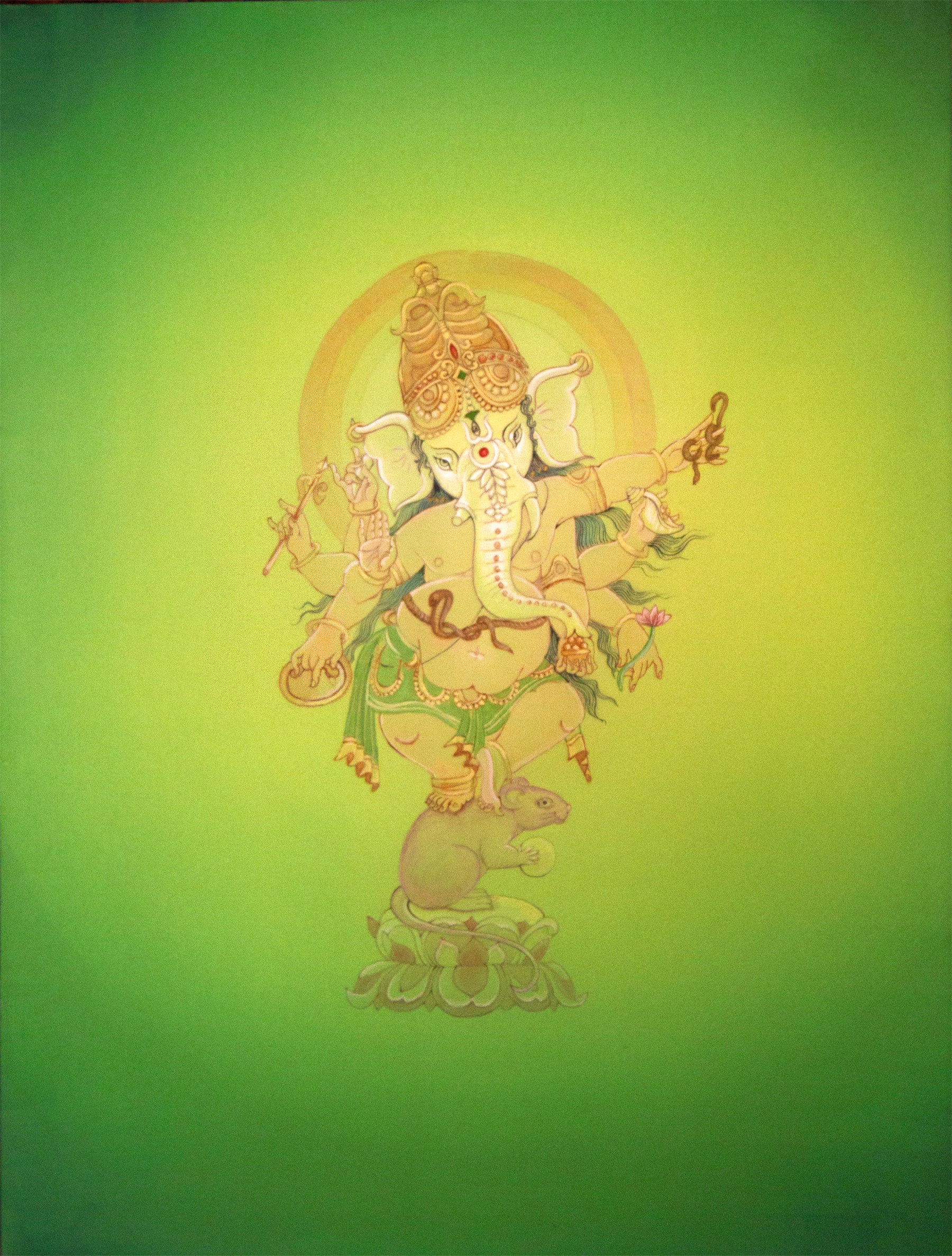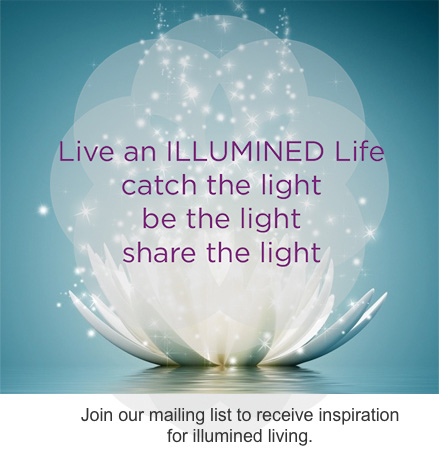By Pamela McDonough
Jyotish (Vedic astrology) is considered to be the Eyes of the Vedas—Vedachakshu. As my Jyotish guru explains it, “Vision can be both external and internal. External vision is used in everyday affairs, but internal vision is used to understand the self: body, mind and soul.”
The Vedic horoscope is literally a karma-scope that connects us to our internal vision and our Prarabdha karma, the karmic bank balance that we begin with at birth—in short, our destiny.
Although I had previously studied Western astrology, I never fully grasped the system. But I was immediately fascinated by Jyotish when I was first introduced to it in early 2000. I was between jobs and contemplating a career transformation. I decided to find a part-time job that would allow me to connect with my interests and also create a welcome diversion from my previous career.
When I saw an ad in an alternative local paper to assist a Vedic astrologer, I was intrigued, even though I had never heard of Vedic astrology. It’s ironic that I was unaware of Jyotish, since I had been regularly practicing yoga for about five years.
As luck would have it (or by design) I got the job. This exposure of the ancient astrology of India changed the course of my life forever. A large library of books at my workplace drew me in like a vortex. The books, which had been shipped from India, had their own unique and intoxicating fragrance. It was as if my past life memories were awakening. I had finally arrived home.
I was captivated by it all: the richness and symbolism within the ancient Indian stories of the grahas (planets), rasis (signs) and bhavas (houses); the house system and square South Indian chart style; the ancient remedial measures such as yantra and mantra and how they are used to offset negative karmas; and the beauty and vibration of the Sanskrit language.
The knowledge and wisdom that can be mined from our Vedic chart is an incredible adjunct to yoga and Ayurveda. Jyotish was exactly the missing link I had been searching for, since it integrates perfectly with the other Vedic sciences I had been studying: Ayurveda, yoga, chakras and yantra. Unlike Western astrology, this ancient system from India was totally holistic. The integration of Jyotish into my everyday life felt so complete to me.
Jyotish can help us see issues with our physical bodies and our emotional state as they relate to our doshas (our mind-body personalities) and our health. In traditional areas of India it is still a very common practice for an Ayurvedic physician to first analyze the birth chart before seeing the patient.
If a Jyotish reading had identified the weak areas of my body in my early 20s, I may have been able to avoid back surgeries in my late 20s and early 30s. These surgeries left me with chronic pain, which yoga allowed me to effectively manage. After practicing yoga regularly, I was able to hike, mountain bike and snow ski again.
Through my personal Vedic horoscope, I also gained deep understanding into family of origin dynamics. I could see specific karmas around the difficult relationship with my father.
Having this insight helped me to realize that my interpretation of my father from my perspective as a child may have been incomplete or limited. This revelation was a tremendous relief.
Over the past decade that I have been studying and practicing Jyotish, this ancient system has never ceased to amaze me. Feedback from clients is that Jyotish has given them invaluable support and helped to prepare them for the transitions in their career, health, spiritual paths, relationships and family.
Ultimately, the information from our horoscope will bring us closer to the purpose of our soul and Source, Supreme Being, God, the Universal Power, or whatever name it is that we use to describe our connection to the Divine.
To fully understand, is to experience Jyotish for yourself and form your own opinion. Like the North Star, Jyotish shines brightly, illuminating the planetary patterns in our karma-scope and lighting our path with ancient wisdom.
Pamela McDonough is a Vedic astrologer and artist. Along with her astrology practice, she collaborates with her husband Mick creating yantra and mandala sculptures for yoga studios, retreat centers, spas and personal collectors.


























One Response to “Jyotish: The Eyes of the Vedas”
July 27, 2014
sueannLovely article Pamela…